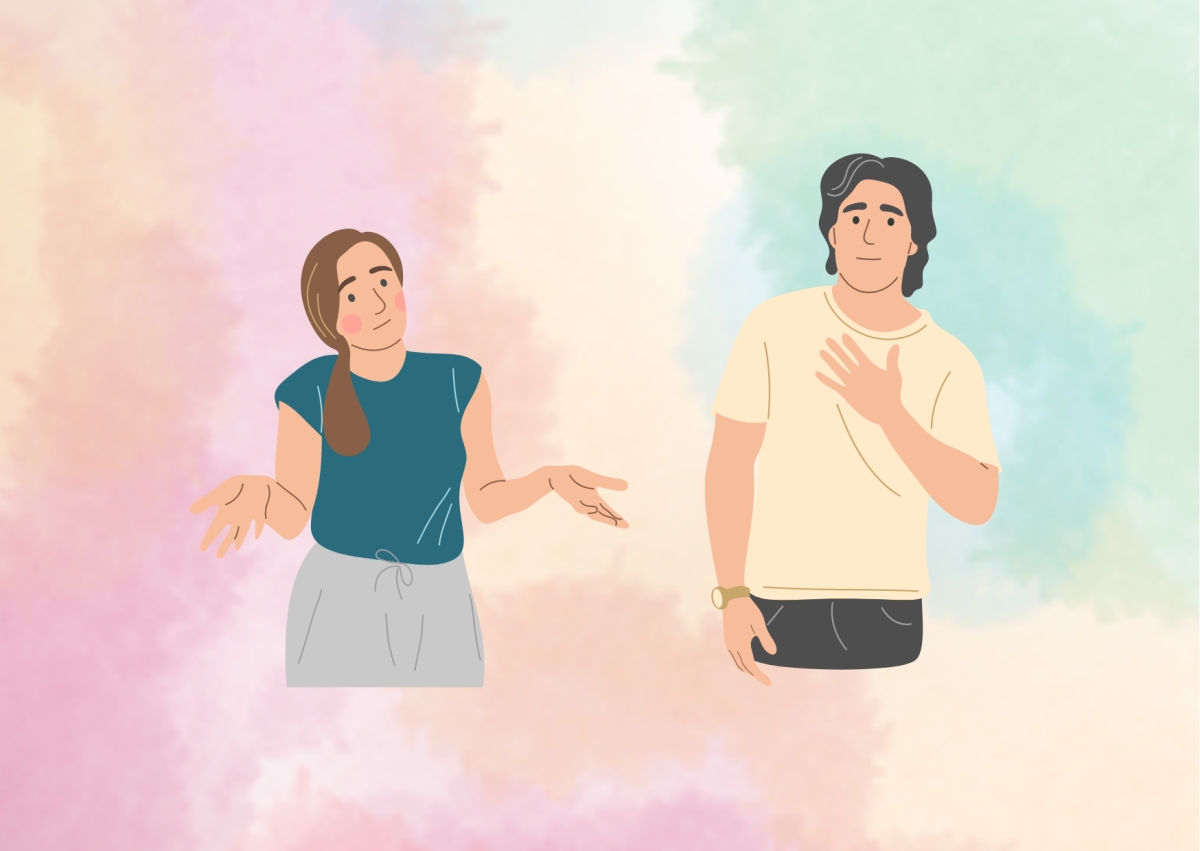Why Forgive Others for Your Own Ease of Mind
Forgiveness is a powerful tool that can bring peace and ease of mind to both the forgiver and the forgiven. However, it can be challenging to forgive someone who has hurt us deeply, whether intentionally or unintentionally. Holding onto anger, resentment, and bitterness towards someone can be harmful to our mental and emotional wellbeing.
It can affect our relationships, our ability to trust others, and our overall happiness. On the other hand, forgiving others can bring us a sense of relief and freedom from the negative emotions that can weigh us down. In this article, we will explore the reasons why forgiving others can benefit our own ease of mind.
When you consider forgiving someone, does something in your heart scream “no, they don’t deserve it”? Why should we pardon them?
Do you frequently find yourself imagining a different outcome occurring in the past? Perhaps you imagine that individual experiencing the same horrible event as you did? Do you ever consider the amount of time and effort that goes into those ideas or actions?
It is for your own benefit, not that of the other person, that you choose to forgive. It is necessary to forgive since doing so helps you bring harmony and tranquility into your own life.
What forgiveness is and is not
Although it may seem simple, we often find it difficult to forgive. We may need to gain a better understanding of what forgiveness is and is not in order to be able to forgive effectively. Most people misunderstand what forgiveness entails, which can make it difficult or impossible for us to forgive at all.
So, it is worthwhile to take the time to consider why you should forgive, dispel these myths about it, and come up with your own definition of it. You shouldn’t assume that just because you’ve forgiven someone or something, everything is going to be alright or forgotten. Nonetheless, there can be areas where the relationship can be improved.
Also, by extending forgiveness, you are not condoning the other person’s actions, and in some cases, you are not even required to inform the offender of your forgiveness. When you forgive someone, it doesn’t necessarily mean that you’ll keep them in your life and your relationship.
You must forgive yourself first before you can forgive someone else. Accepting what occurred and finding a way to move on and learn from it are both aspects of forgiveness. Most of the time, it will be a gradual process, and most of the time, communication with the other person is not even necessary. If your partner cheated on you, a friend deceived you, or a family member abandoned you when you needed them, you must accept what happened in order to go on and heal.
You may move on and let go of judgment and the impulse for retaliation by forgiving. You can put all the time and effort you put into mourning that catastrophe back into reconstructing your life. Either avoid it or take a lesson from it. Your decision is yours. After you acknowledge, grieve the event and learn from it you will be able to forgive, heal and move on.
The beliefs and fears that prevent us from forgiving
Why do so many of us find it so difficult to forgive when it seems as simple as letting go of the grudge? Because an action never occurs in a vacuum, it is always tied to the beliefs we hold and the subsequent actions that follow.
